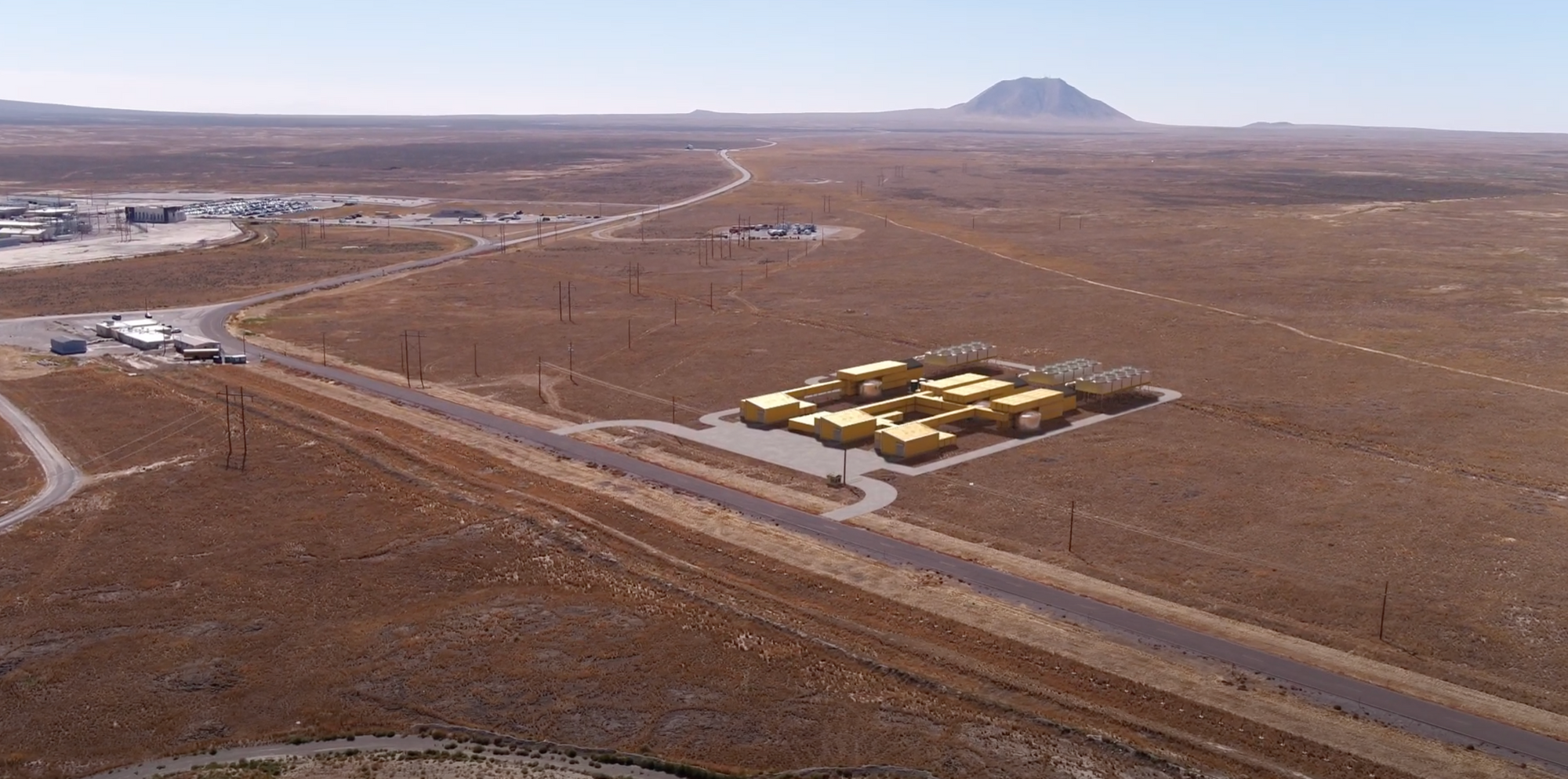
Idaho National Laboratory and University of Illinois Collaborate with Ultra Safe Nuclear Corporation on Advanced Reactor Proposal
University of Illinois’ Micro Reactor Will Be First Built at a U.S. Academic Institution in Nearly 30 Years – Idaho Installation Will Achieve Objective of Next Generation Nuclear Plant Program
SEATTLE – November 20, 2020 – Seattle-based Ultra Safe Nuclear Corporation (USNC) has established two strategic partnerships with U.S. organizations – Idaho National Laboratory (INL) and the University of Illinois at Urbana-Champaign (UIUC) – to build and test the company’s advanced Modular Micro Reactor (MMRTM). Ultra Safe Nuclear, the INL, and University of Illinois have jointly developed a proposal for submission to the Department of Energy’s (DOE) for its Advanced Reactor Demonstration Program (Risk Reduction).
At the Idaho National Laboratory, USNC has proposed to construct a micro-reactor power plant to support the demonstration of INL’s Integrated Energy Systems (IES). The installation would be used synergistically with renewables to produce carbon-free “green” hydrogen by thermo-chemical and thermo-electric processes, and for other zero-carbon energy applications well suited to the high- temperature output of the MMR. The MMR unit at INL will produce 30 MWth and address a goal in the original DOE Next Generation Nuclear Plant (NGNP) program to provide carbon-free nuclear heat to industrial applications.
At the University of Illinois, USNC has proposed construction of a single MMR operated as a training, research and test reactor, and to partially replace power from the University’s power station by providing carbon-free district heating. The 15 MWth unit will be tailored to the needs of the University to perform fundamental research and test new technologies to de-carbonize energy production, provide practical solutions for microgrid integration, and train a future workforce through hands-on experience with a next-generation advanced reactor. The Illinois reactor will be the first Gen IV reactor deployed at a university, and the first new U.S. university reactor in nearly 30 years.
"It's very exciting to actually demonstrate these concepts," said Corey McDaniel, director of industry engagement for INL. "It's the next step that needs to be taken before nuclear energy is more widely used. Other benefits of the MMR are lower cost to build, being transportable and being scalable; for example, a facility can have multiple micro reactors, but not all have to be built at once, and more can be added if demand increases. INL could be a customer of power from these micro reactors,” McDaniel said.
Demonstration of Ultra Safe Nuclear’s MMR technology in the United States will bring a new level of affordability and reliability to clean power generation, where smaller nuclear plants can be deployed for tens of millions, not billions of dollars. Costs of micro nuclear technology, like renewable energy, are expected to drop rapidly as manufacturing techniques advance and smaller and safer nuclear reactors gain wider acceptance.
"These installations and the many others we expect to follow will create large numbers of high- quality jobs in operations, construction, and manufacturing,” said Mark Mitchell, senior vice-president of commercial reactors for USNC. “There is a lot of excitement around nuclear and renewables working together and our deployment at the INL would be the first example of this synergy, working at high efficiency and temperatures that are extremely useful to industry."
"We continue to reduce our business execution risk through multiple deployments and ‘first-in- class’ applications, and we’re encouraged by the growing alignment between the international nuclear regulatory agencies, which will facilitate adoption of our product in new markets," said Francesco Venneri, CEO of Ultra Safe Nuclear Corporation. “Partnerships with great institutions like INL and University of Illinois will enable us to demonstrate the value and near-term viability of our Micro Modular Reactor design.”